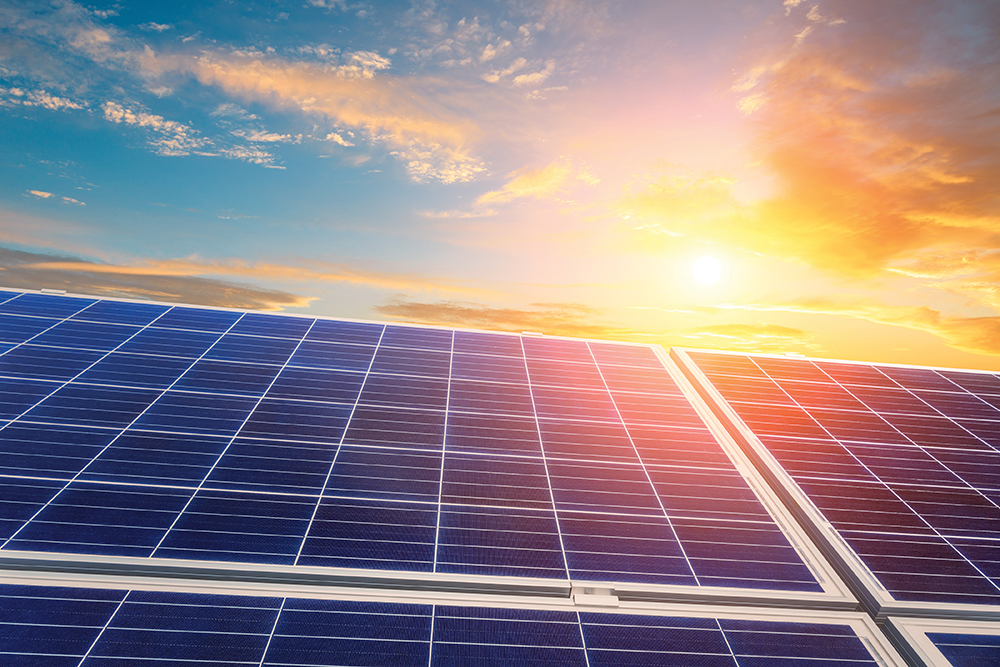Four communities namely Baoma Koya, Sumbuya, Gorahun, and Gegbwema have benefited from the ongoing Sierra Leone mini-grid project, following the completion and commissioning of solar mini-grids by PowerGen Renewable Energy, a micro-grid developer, implementer, and operator in East and West Africa, reshaping the prevailing rural electrification model in the region.
These installations consist of solar panels, inverters, and battery storage systems, and they are capable of delivering a total of 150 kWp. The microgrid developer has also set up small distribution networks that will provide 853 new connections to clean energy systems.
Also Read: 50MW solar PV construction in Freetown, Sierra Leone
The main beneficiaries of the solar mini-grids are households, health care facilities, and schools.
According to Femi Coker, PowerGen’s Director in Sierra Leone, the company will continue to build on its core strength and extensive experience with mini-grids to complete the rollout of electricity to 16 more communities in the West African country during the course of the current year.
Partnership with InfraCo Africa
The installation of these mini-grids is part of an existing partnership between PowerGen and InfraCo Africa, a multi-government funded, and privately managed company providing early-stage development capital and expertise to develop infrastructure projects in sub-Saharan Africa.
The agreement through which InfraCo Africa committed US$ 6.9M for the development of green mini-grids in Sierra Leone was signed back in 2019. With this funding, PowerGen is expected to make 12,500 new connections, 85% of which will be allocated to households and 15% to micro, small and medium enterprises and public facilities such as schools and clinics.
Dubbed Sierra Leone mini-grid project, the program is supported by the Government of the Republic of Sierra Leone, the United Kingdom Department for International Development (DFID), and the United Nations (UN) Office for Project Services (UNOPS).

Leave a Reply